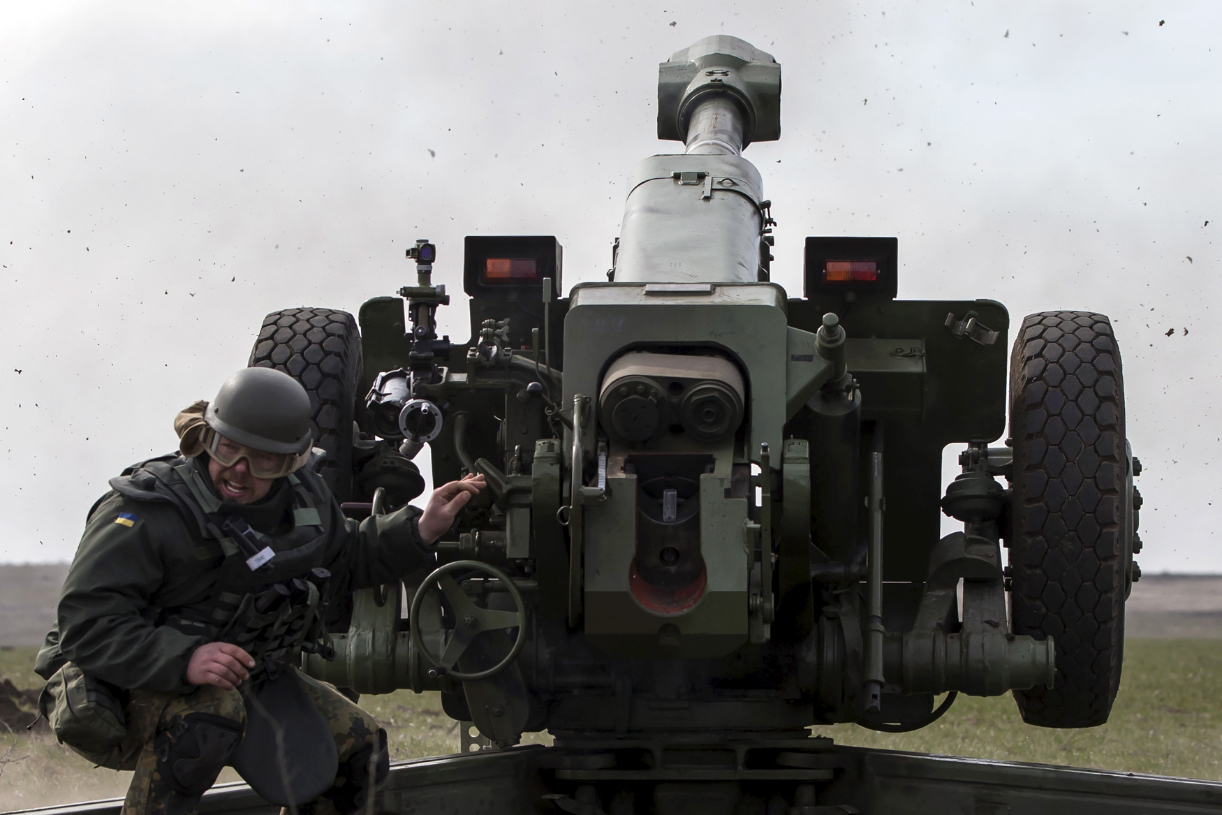Russia had been diverting forces from Vovchansk to the Kursk Oblast, weakening Russian capabilities in Kharkiv. In late September, Ukrainian forces recaptured the chemical plant in Vovchansk . “The chemical plant acted as a Russian stronghold, enabling tactical operations on the Vovcha River.” As Ukrainian forces continued to capture settlements and widen their stake inside Russia, the Kremlin was forced to relocate elite paratrooper and marine units to deal with the threat. Given Moscow’s limited pool of well-trained and equipped units, any elite units relocated to Kursk couldn’t be replaced, at least on a qualitative level, in Ukraine.
In late September, Ukrainian forces recaptured the Volchansky chemical plant in Vovchansk, Kharkiv Oblast, a strategic location previously used by Russian troops for tactical operations along the Vovcha River.
-British Military Intelligence noted that this loss limits Russia's ability to advance in the region and could facilitate further Ukrainian counter-offensives toward the Ukraine-Russia border.
-Russia has been diverting forces from Vovchansk to the Kursk Oblast, where Ukrainian troops have established a presence since August 2024, weakening Russian capabilities in Kharkiv. Ukraine's strategic incursions into Russian territory aim to force Russia to redeploy elite units, balancing its own defenses while maintaining pressure on Russian forces.
-In the final days of September, the Ukrainian military recaptured and cleared the Volchansky chemical plant in Vovchansk, in the Kharkiv Oblast.
“The chemical plant acted as a Russian stronghold, enabling tactical operations on the Vovcha River,” the British Military Intelligence assessed in its latest operational estimate of the war.
It is not the first time that Russian forces militarized and operated from sensitive facilities. For example, the Russian military has used the Zaporizhzhia nuclear reactor facility to house troops and even long-range fires that have repeatedly fired against Ukrainian positions.
“Its loss will likely limit opportunities for Russian Ground Forces (RGF) to advance in Kharkiv oblast. Ukrainian control of the plant will likely facilitate further counter-offensives in the north of the city to push the RGF back towards the Ukraine-Russia border,” British Military Intelligence added.
Kharkiv, Ukraine’s second-largest urban center behind the capital, Kyiv, was a primary objective for the initial invasion wave in February 2022. The Russian military came within the suburbs of the city and threatened to capture it. However, a stalwart Ukrainian defense prevented its loss. It wasn’t until September 2022, when the Ukrainian military launched a surprise counteroffensive that liberated hundreds of square miles of territory in northeastern Ukraine that Kharkiv was made secure.
“Vovchansk has been contested since May 2024, when the RGF began an offensive operation in the Kharkiv oblast, likely to create a ‘buffer zone’ to deter and mitigate against any Ukrainian attacks in the Belgorod area.
This led to Vovchansk, five kilometers south of the Ukraine-Russia border, being a heavily contested city with both sides striving to push the other out of the area,” the British Military Intelligence added.
Almost three years in, the conflict continues to be brutal. Both sides fight hard and are willing to sacrifice a lot before abandoning a position.
Drawing Away Russian Troops
“Russia has drawn forces away from the Vovchansk area to support operations in Kursk oblast, where Ukraine has occupied a salient of Russian territory since August 2024. This has almost certainly reduced the RGF capabilities in the Vovchansk area,” the British Military Intelligence concluded.
And that was exactly what the Ukrainian military leadership aimed at when it decided to invade Russia. Given the fact that the Kremlin would have a high incentive to protect Russian territory, it was almost certain that it would divert forces from the contact line in Ukraine to defend the Kursk Oblast. The main question was how many troops and what quality of units the Russian military would relocate from Ukraine.
As the Ukrainian forces continued to capture settlements and widen their stake inside Russia, the Kremlin was forced to relocate elite paratrooper and marine units to deal with the threat. Given Moscow’s limited pool of well-trained and equipped units, any elite units relocated to Kursk couldn’t be replaced, at least on a qualitative level, in Ukraine.
However, the same consideration was applied to the Ukrainian military. Any elite units relocated to the foray inside Russia would miss the defense of Ukraine. Thus far, Kyiv has managed this tricky balance.





















0 comments:
Post a Comment